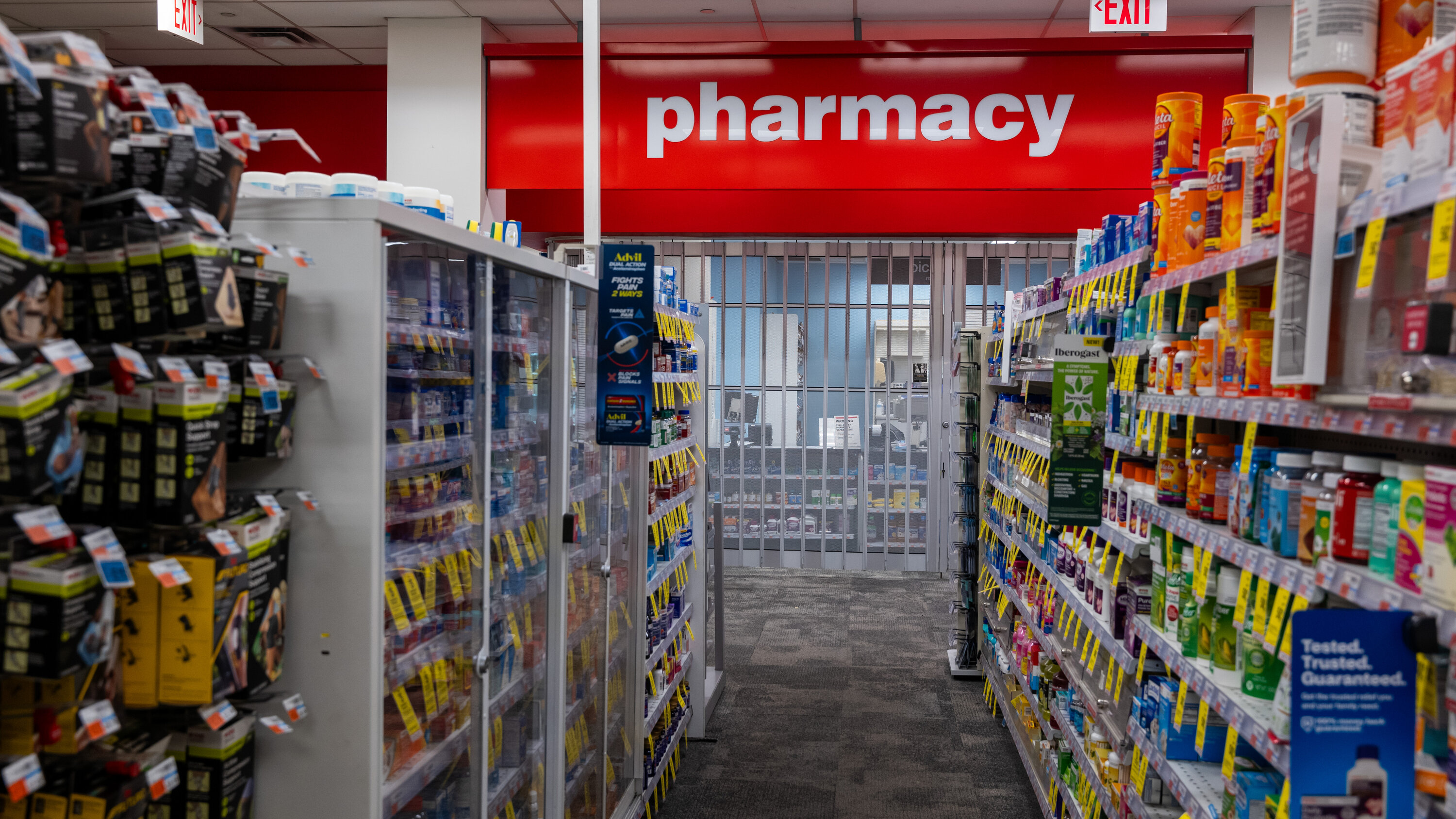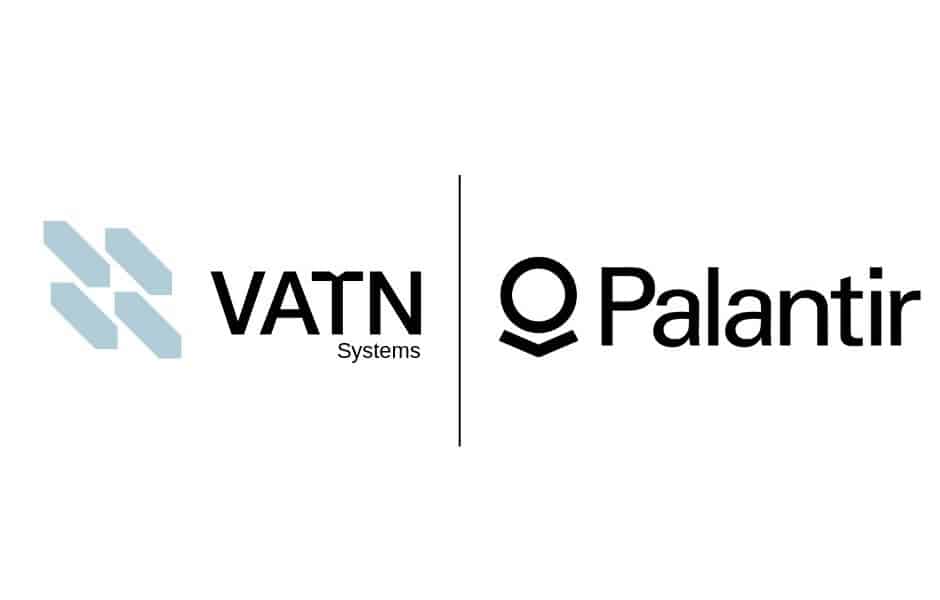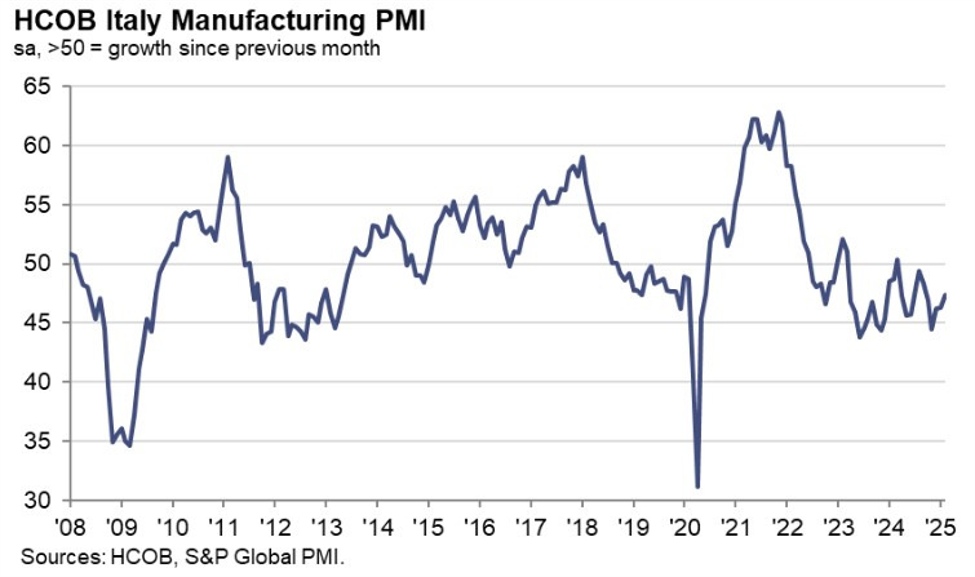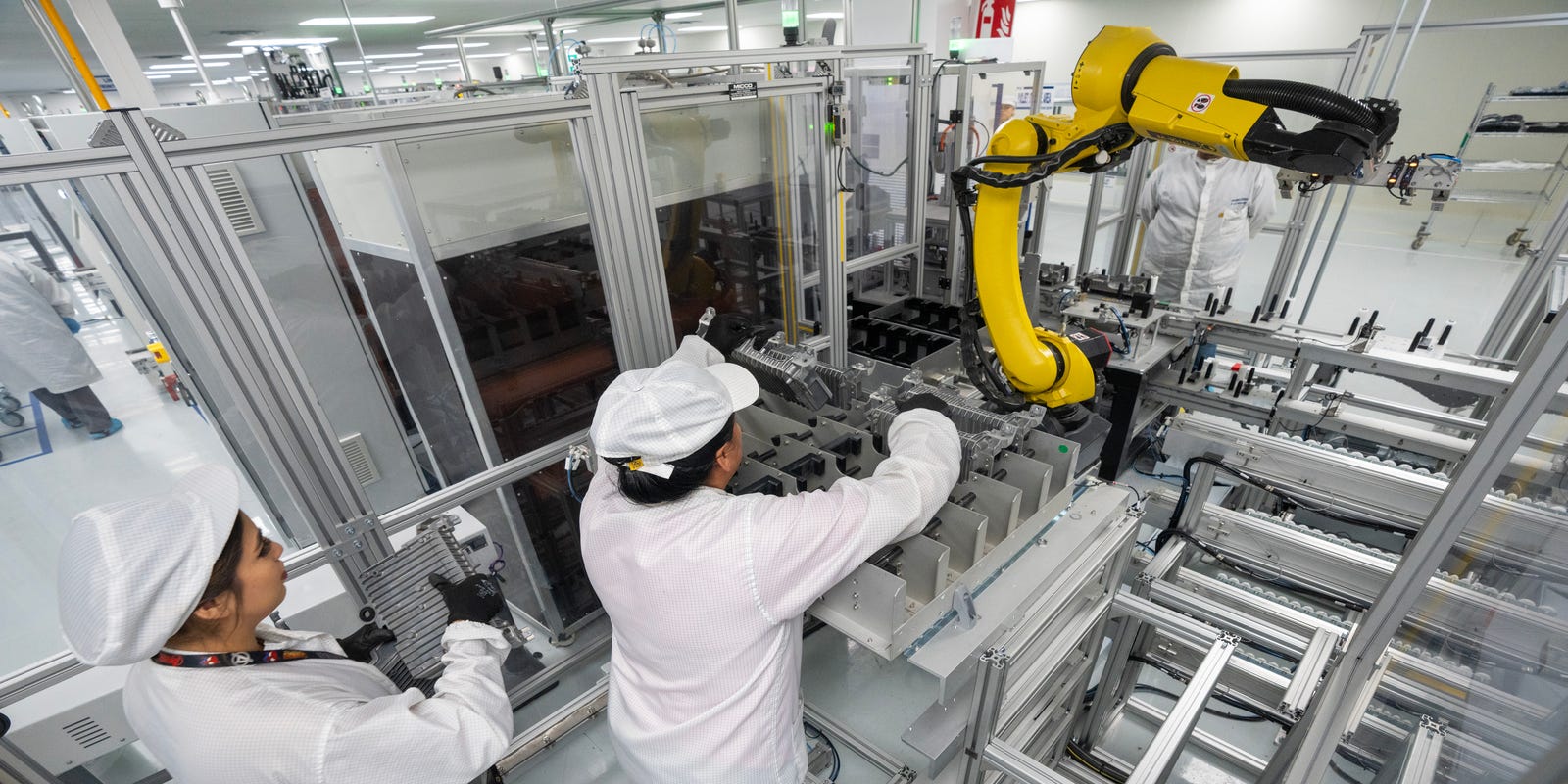Rx Trade War: Trump Aims to Shake Up Pharma Import Landscape
Manufacturing
2025-04-04 09:00:29Content

In a bold move to revitalize domestic manufacturing, President Trump has set his sights on bringing pharmaceutical production back to American soil. However, economic experts are raising red flags about the potential consequences of this ambitious plan.
The proposed strategy, which involves implementing tariffs on foreign-made pharmaceuticals, could have unintended ripple effects throughout the healthcare industry. While the goal is to strengthen domestic manufacturing and reduce reliance on international supply chains, specialists warn that such measures might come at a significant cost to consumers.
The primary concerns center around generic drug availability and pricing. Tariffs could potentially disrupt the current pharmaceutical supply ecosystem, potentially leading to drug shortages and substantially higher prices for essential medications. Generic drugs, which provide affordable treatment options for millions of Americans, are particularly vulnerable to these proposed changes.
Pharmaceutical industry analysts argue that the complex global manufacturing landscape makes a sudden shift challenging. Many generic drug manufacturers rely on international supply networks, and abrupt changes could create significant market disruptions.
As the debate continues, the challenge remains: how can the United States reinvigorate its pharmaceutical manufacturing without compromising healthcare affordability and accessibility for its citizens?
Pharmaceutical Reshoring: A Complex Balancing Act Between Domestic Production and Global Economics
In an era of unprecedented global economic uncertainty, the pharmaceutical industry stands at a critical crossroads, where national strategic interests collide with complex international supply chain dynamics. The potential reshoring of pharmaceutical manufacturing represents a multifaceted challenge that extends far beyond simple economic calculations, touching upon national security, healthcare accessibility, and global economic interdependence.Transforming Pharmaceutical Supply Chains: A High-Stakes Economic Strategy
The Geopolitical Landscape of Pharmaceutical Manufacturing
The pharmaceutical manufacturing sector has long been characterized by intricate global networks of production, with significant portions of generic drug manufacturing concentrated in countries like India and China. President Trump's ambitious vision to repatriate pharmaceutical production to the United States represents a profound strategic shift that could fundamentally reshape the global pharmaceutical ecosystem. Experts warn that such a dramatic transformation would not be without substantial consequences. The potential implementation of protective tariffs could trigger a cascade of unintended economic repercussions, potentially disrupting the delicate balance of global pharmaceutical supply chains and introducing significant market volatilities.Economic Implications of Domestic Pharmaceutical Production
Reshoring pharmaceutical manufacturing involves navigating a complex web of economic considerations. While the strategy promises increased domestic job creation and reduced dependency on foreign supply chains, it simultaneously risks escalating production costs and potentially compromising the affordability of essential medications. Generic drug markets are particularly vulnerable to such policy interventions. The current global manufacturing model has enabled the production of low-cost medications by leveraging international labor and production efficiencies. Abrupt changes to this ecosystem could result in substantial price increases, potentially rendering critical medications less accessible to millions of patients.Technological and Infrastructure Challenges
Transitioning pharmaceutical manufacturing back to the United States requires significant technological investments and infrastructure development. The current global manufacturing landscape has evolved over decades, with specialized facilities and intricate supply networks optimized for efficiency and cost-effectiveness. Rebuilding domestic manufacturing capabilities would necessitate substantial capital investments, advanced technological infrastructure, and a comprehensive workforce retraining strategy. Moreover, the pharmaceutical industry's highly regulated nature adds layers of complexity to any potential reshoring initiative.National Security and Strategic Resilience
Beyond economic considerations, pharmaceutical manufacturing reshoring represents a critical national security strategy. The COVID-19 pandemic exposed vulnerabilities in global supply chains, highlighting the strategic importance of maintaining domestic production capabilities for essential medical supplies and pharmaceuticals. By reducing reliance on foreign manufacturing sources, the United States could enhance its strategic resilience, mitigating potential disruptions caused by geopolitical tensions, global health crises, or international trade conflicts.Global Economic Interdependence and Potential Retaliatory Measures
Implementing protectionist pharmaceutical manufacturing policies could trigger complex international economic responses. Countries currently dominating pharmaceutical production might respond with retaliatory trade measures, potentially escalating tensions and creating additional market uncertainties. The intricate balance of global economic interdependence means that unilateral policy decisions can have far-reaching and sometimes unpredictable consequences across multiple interconnected economic sectors.Innovation and Competitive Dynamics
Reshoring pharmaceutical manufacturing presents both challenges and opportunities for technological innovation. Domestic production could stimulate investment in advanced manufacturing technologies, potentially positioning the United States as a global leader in pharmaceutical manufacturing innovation. However, this transition would require sustained investment in research and development, advanced manufacturing technologies, and a comprehensive strategy to attract and retain top scientific talent.RELATED NEWS
Manufacturing

Steel Giant Allan Edwards Launches Bold Manufacturing Spinoff, Signaling Strategic Market Expansion
2025-04-23 14:03:00
Manufacturing

Underwater Tech Giants Join Forces: Vatn Systems and Palantir Revolutionize Autonomous Underwater Vehicle Production
2025-04-20 11:46:11
Manufacturing

Biotech Breakthrough: Regeneron and FUJIFILM's $3B Manufacturing Mega-Deal Reshapes Pharma Landscape
2025-04-22 10:00:00





